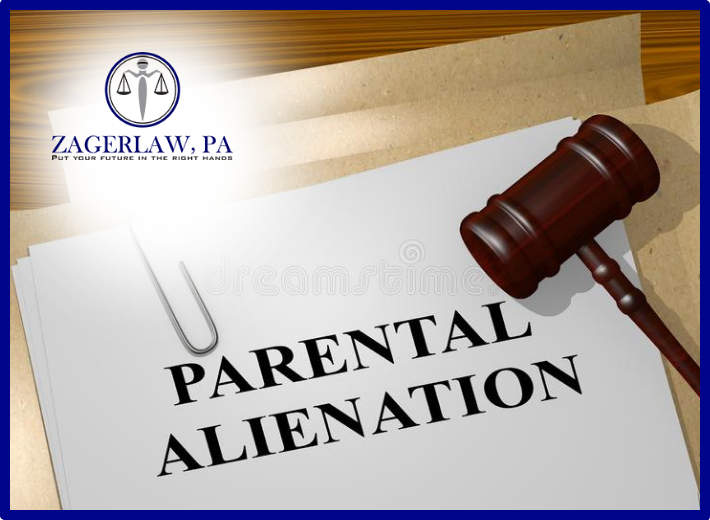Alienation, by definition, means to isolate one thing from another. But what is, and is not, considered parental alienation? Here are some of its descriptors, possible effects on children, and tips for custody evaluators. Questions? We are here to get your questions answered and your case won! If you are thinking of divorce, book a consultation and we will discuss your best options and offer you a whole lot of support.
During 40 years of being a child and adult psychiatrist, and 20 years as a forensic child psychiatrist, I discovered one of the unsavory ways automatic living plays out. This occurs in parental alienation (PA).
Parental alienation begins long before the divorce occurs. In this blog post, I will talk about why PA is prominent in divorce; the characteristics of alienating parents, whether mom or dad; how to break the cycle of alienation; the problems that arise for children; the problems the court system experiences.
Relationship of Alienating Parent and Child Before Divorce and Alienation Begin
With the birth of a child, each parent forms a bond, or attachment, to the baby. For the alienating parent this bond is based on the parent having his or her needs met by the child. Mostly these are emotional needs. The relationship reverses from one that meets the needs of the child to one that meets the parent’s needs.
When divorce begins, the alienator puts more pressure than usual on the child to muster lots of support to this parent. The child finds the situation difficult. He or she is unable to resist this parent’s emotional pull for symbiosis––enmeshed thoughts and emotions that go along with what the alienator desires. The child becomes the emotional caretaker and the parent the emotional care consumer.
The child parrots the alienating parent’s venom about the other parent, the targeted parent. Eventually the child believes the alienator’s viewpoint because to support this parent, the child must do so. Not emotionally supporting this parent is something this child has never learned to do since birth. Parental alienation is underway.
Why Parental Alienation Shows Up During Divorce
When a marriage ends, commonly one parent has more anger over the disruption of the status quo. In a number of divorce situations, anger causes this parent to lash out, seeking to punish and blame the other parent. The weapon for this vengeance is the children, because they have a high value. The alienating parent uses the children as instruments to batter the targeted parent for disrupting the status quo of the marriage.
When vengeance is added to the symbiosis that already exists between alienating parent and child(ren), the storm of parental alienation gathers. Homer B. Martin, MD and I discuss these parental roles in our book, Living On Automatic: How Emotional Conditioning Shapes Our Lives and Relationships.
Characteristics of the Parent Who Alienates

Dr. Martin and I discovered that these alienating parents have certain commonalities; they have what we call impotent personalities or roles. Keep in mind that much of this is an unconscious role in which the alienating parent demonstrates the following:
Emotions
Alienators easily become angry and lash out, blaming the spouse for the failed marriage, even if the alienator wanted the divorce. The alienator also becomes anxious at the prospect of disrupting 24-hour contact with his or her children, who are in roles of emotionally caretaking this parent.
Motivations
Alienators want to punish and get retribution for the marital breakup of the perfect cocoon they believed they were in. They are determined to have vengeance in the way that most upsets the other parent. They also want to ensure their children continue to deliver emotional care to them.
Every divorce case has specific issues that require unique solutions. Our job is to find those solutions so you, your ex-spouse, and your children can start the next chapter of your lives. Mediation services are now available! Contact us today for a free consultation with your Family Lawyer in Fort Lauderdale at 954-888-8170, or email [email protected]. We can also be found on Facebook here.
Reference: [https://www.psychologytoday.com/intl/blog/living-automatic/202002/parental-alienation-how-and-when-does-it-start]

